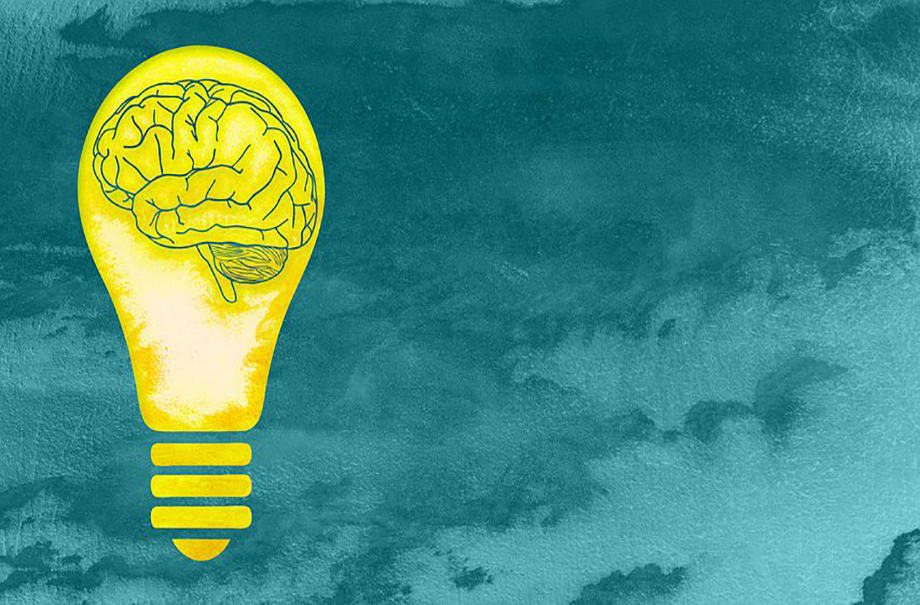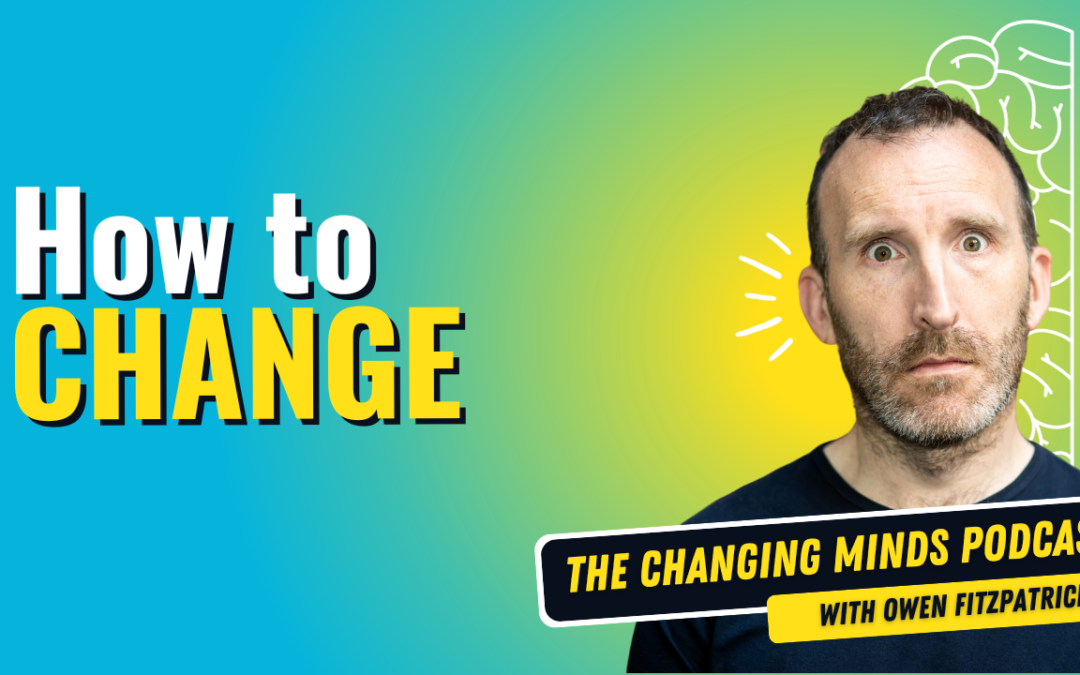Stoicism and Cognitive Behavioral Therapy are pretty connected. In this episode, I talk about Stoicism and CBT and what they have in common. Worth checking out!!!
RET Albert Ellis centred principles said by stoics
Arron Beck philosophical origins of cognitive therapy to stoicism
Socrates, Epictetus, Seneca, and Marcus Aurelius
Serenity Prayer: “God, give me the serenity to accept the things I cannot change; the courage to change the things I can; and the wisdom to know the difference.”
3rd wave therapy: mindfulness, acceptance, and valued living, Buddhism
The Stoic school was founded in 301 BC by Zeno of Citium.Inspired by the example of Socrates,
Most stuff comes from: Seneca the Younger, Epictetus, and Marcus Aurelius.
The goal of ancient Stoic therapy: transformation into healthy emotions by modification of the underlying beliefs from irrational to rational ones.
Stoic Principles
Some principles stoics believed in and suggested were critical to accept:
There are healthy emotions you should aspire to cultivate.
The world is not inherently bad. Your thoughts make it so.
Instead of changing the world, you must change your thoughts and emotions.
People are either fortunate or unfortunate.
Everything is temporary.
The world is imperfect. You are imperfect. Others are imperfect.
The future will not work out the way you want all the time.
Stoic Practices
There were also a number of Stoic practices that were very much suggested:
Be mindful of your thoughts and feelings and the difference between what is and what you think.
Focus on what you can control as opposed to what you can’t.
Challenge your thoughts and beliefs using the Socratic method. This involved questions that got you to realise the lack of logic or reason used when constructing the beliefs that limit you.
Replace your demands with preferences. This means avoiding having the expectation that the world ‘should’ be a certain way or people ‘must’ act a certain way. Instead, you would like them to.
Imagine things not working out or bad things happening in the future so you can plan and rehearse handling them better.
See things objectively. This means describing events in objective terms.
Look at the world from other peoples perspective.
Stay in the present. This obviously has a lot in common with the ancient practice of Buddhism and Meditation as well as the modern approach of Mindfulness.
Postpone your response until after a strong emotion subsides.
Look at things from a distance.
Podcast: Play in new window | Download







